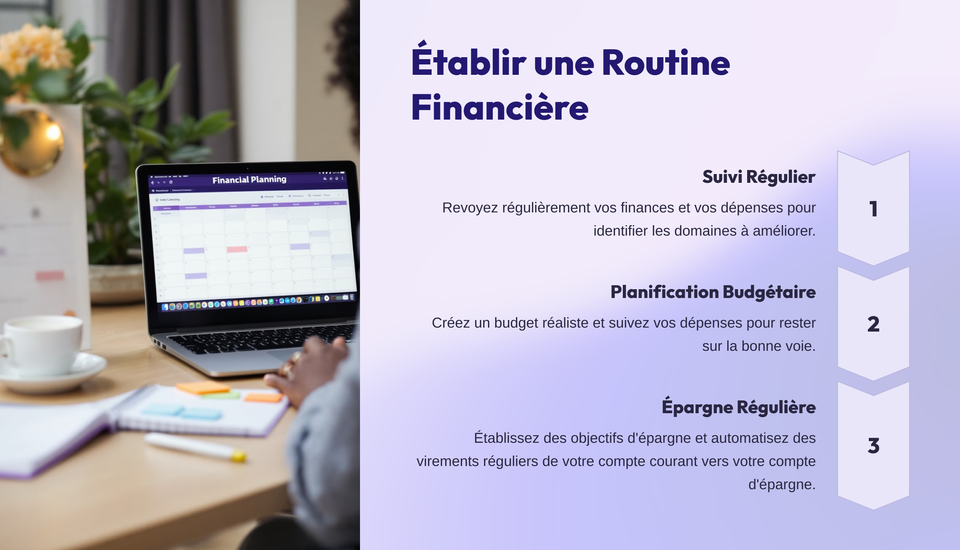The importance of managing your personal finances well
- Satehuti Ink

- Apr 6
- 2 min read
In a constantly evolving world where everyday expenses can quickly add up, managing your personal finances effectively has become an essential skill. Whether it's to achieve long-term goals, avoid excessive debt, or simply live a peaceful day-to-day life, effective financial management allows you to maintain control over your resources.
Why is it crucial to manage your personal finances well?
Assess your current situation
The first step toward successful financial management is to assess your current situation. This includes analyzing your income, expenses, and debts. Specific exercises can help you better structure your finances and lay the foundation for a solid plan.
Create Your Life Plan A well-defined life plan will help you align your financial goals with your personal aspirations. Using personal financial management tools allows you to track your progress and adjust your strategy accordingly.
Credit Reports Understanding the importance of your credit score and how it influences your financial decisions is essential. Knowing how to build and maintain a good credit report will open up many financial opportunities for you.
How to get rich and manage your finances well
How to Get Rich Getting rich requires understanding how to maximize your financial resources. This includes learning strategies to generate passive income and optimize your spending.
How to Spend Wisely Learning to distinguish needs from wants is key to avoiding waste and maximizing every dollar spent.
Invest in your debts Reduce your debts strategically while using financial levers to improve your economic situation.
Multiple Sources of Income Diversifying your income sources is a critical component of ensuring long-term financial security.
Setting up your personal financial structure
Personal Financial Structure Organize your finances by creating a structure tailored to your specific needs.
No-fee bank account Choose low-fee or no-fee bank accounts to minimize unnecessary expenses.
The income account and the joint account Manage your different types of bank accounts according to your financial goals.
Using Credit Cards Smart credit card management to avoid excessive interest while still enjoying their benefits.
Automation of the structure Set up automatic payments and transfers to avoid oversights and ensure financial discipline.
Personal taxation
What is a TFSA? A tax-free savings account that allows you to grow your money tax-free.
What is the CELIAPP? A savings account for buying a first property with tax benefits.
What is an RRSP? A retirement savings plan that offers tax benefits and allows you to plan for your future.
RAP your RRSP A program allowing you to withdraw funds from your RRSP to purchase a home.
IA and Manulife RRSP RAP Loan Financing solutions to maximize your RRSP contributions.
Concepts of finance
What is a credit card? A financial tool that allows you to manage your spending while earning rewards points and building your credit.
What is a line of credit? A flexible line of credit that allows access to funds when needed.
What is a mortgage? A long-term commitment to finance the purchase of a property based on your financial capacity.
Conclusion
Managing your personal finances effectively is a process that requires discipline, planning, and constant learning. However, the benefits are immense: greater security, more freedom, and a better financial future. Start today by adopting good habits and using the tools at your disposal.




















































































































Comments